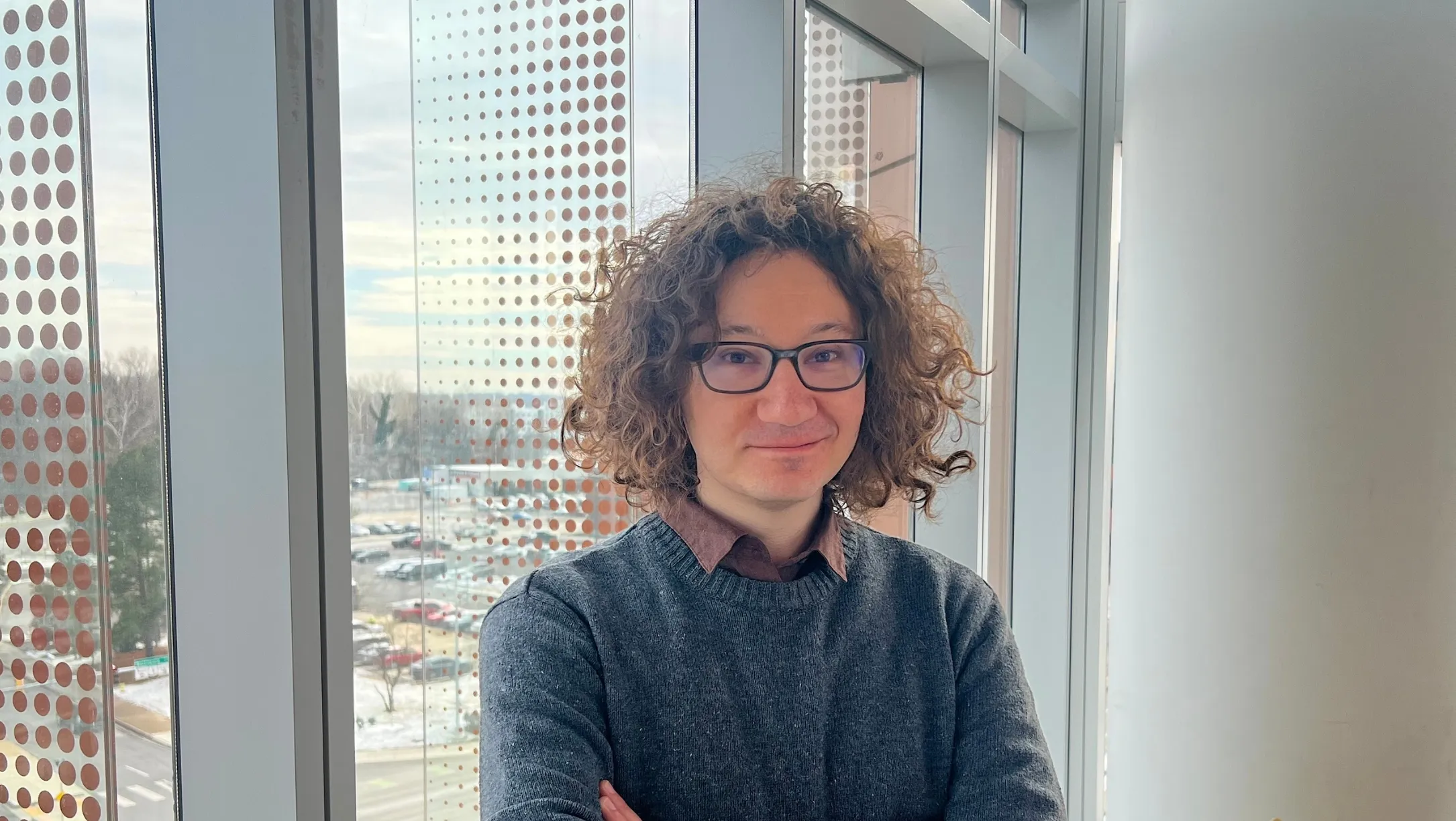
UMD Alum Returns as UMIACS Postdoc to Tackle Microbiome Complexity
Marcus Fedarko develops software to assemble and visualize metagenomic data, helping researchers untangle microbial genomes and reveal hidden patterns.
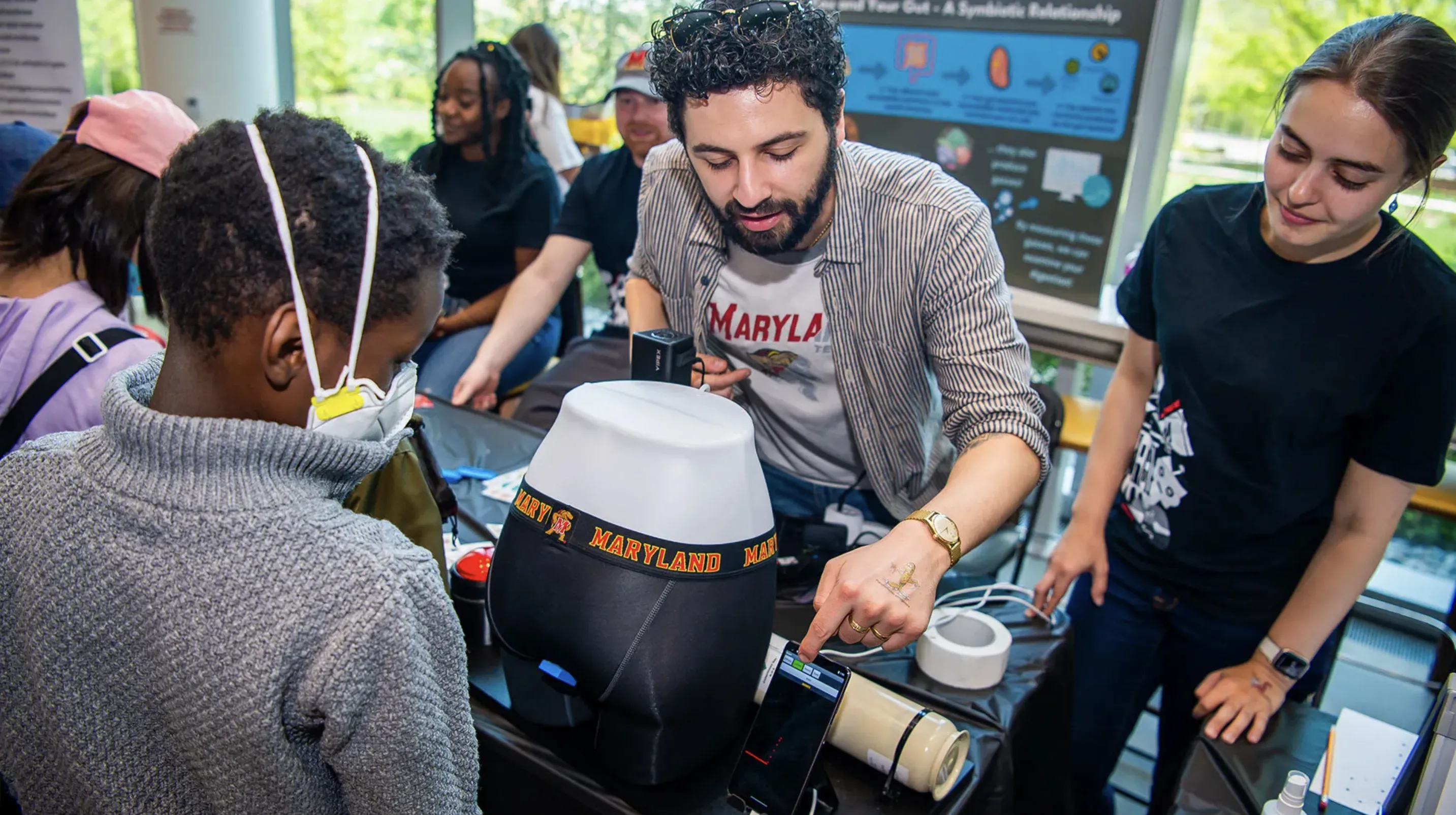
UMD Scientists Create ‘Smart Underwear’ to Measure Human Flatulence
A new nationwide study is recruiting volunteers to map the full spectrum of human flatulence.

Music-Savvy AI Built at UMD Could Help You Discover Your Next Favorite Artist
UMD researchers, with NVIDIA and Universal Music Group, developed Music Flamingo, an AI that understands music like a trained musician.

Machine Learning Theorist Tackles Limits of AI Algorithms at UMIACS
Han Shao studies the theoretical foundations of machine learning algorithms, including challenges like hallucination and model collapse in large language…

Uncovering the Role of Microbes in Soil
UMD researchers are exploring how the diverse microbial communities in soil can affect agricultural output, the environment, and human and animal health.
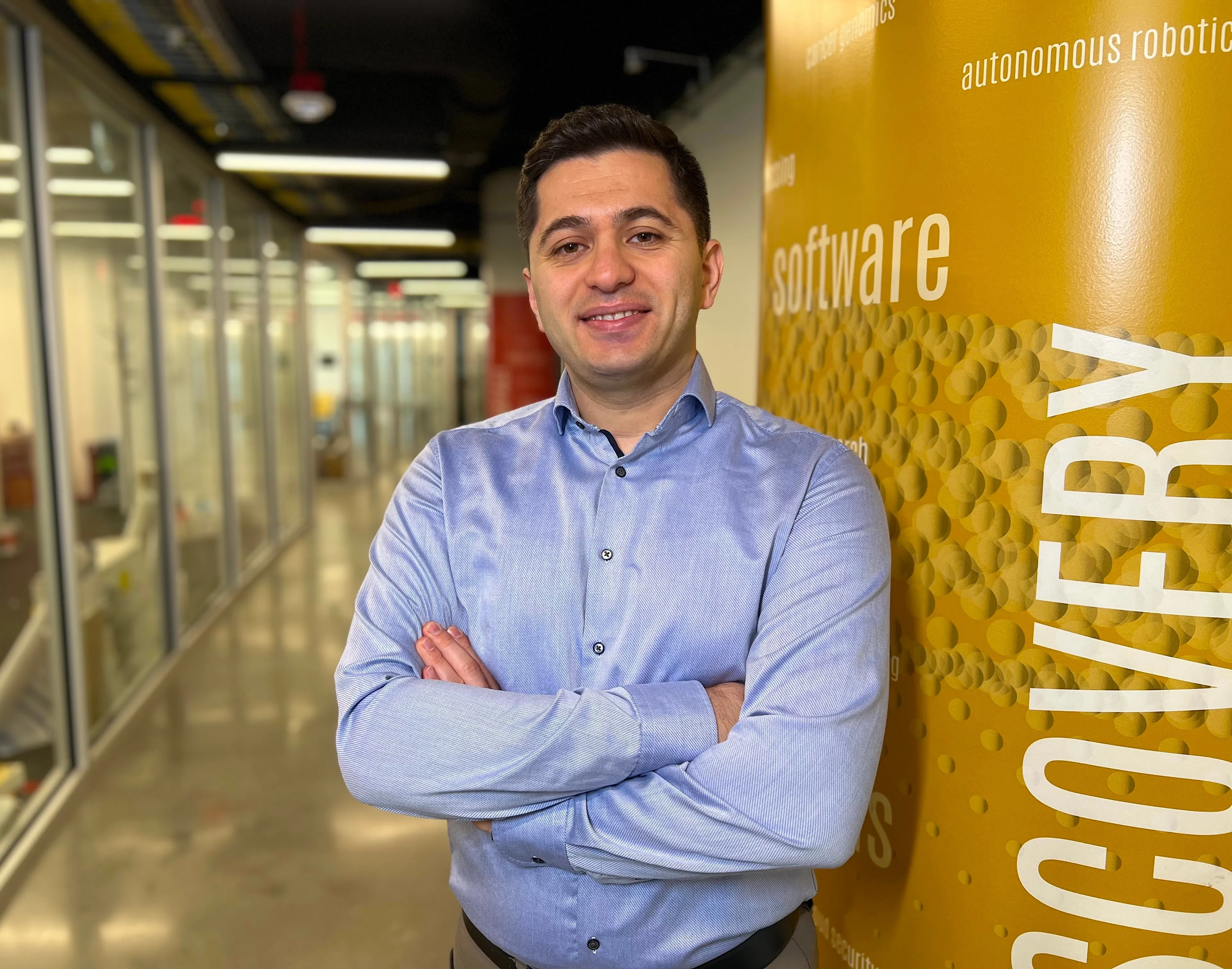
Computational Biology and Computer Architecture Expert Joins UMIACS
Can Firtina’s research focuses on actionable solutions to improve human health.
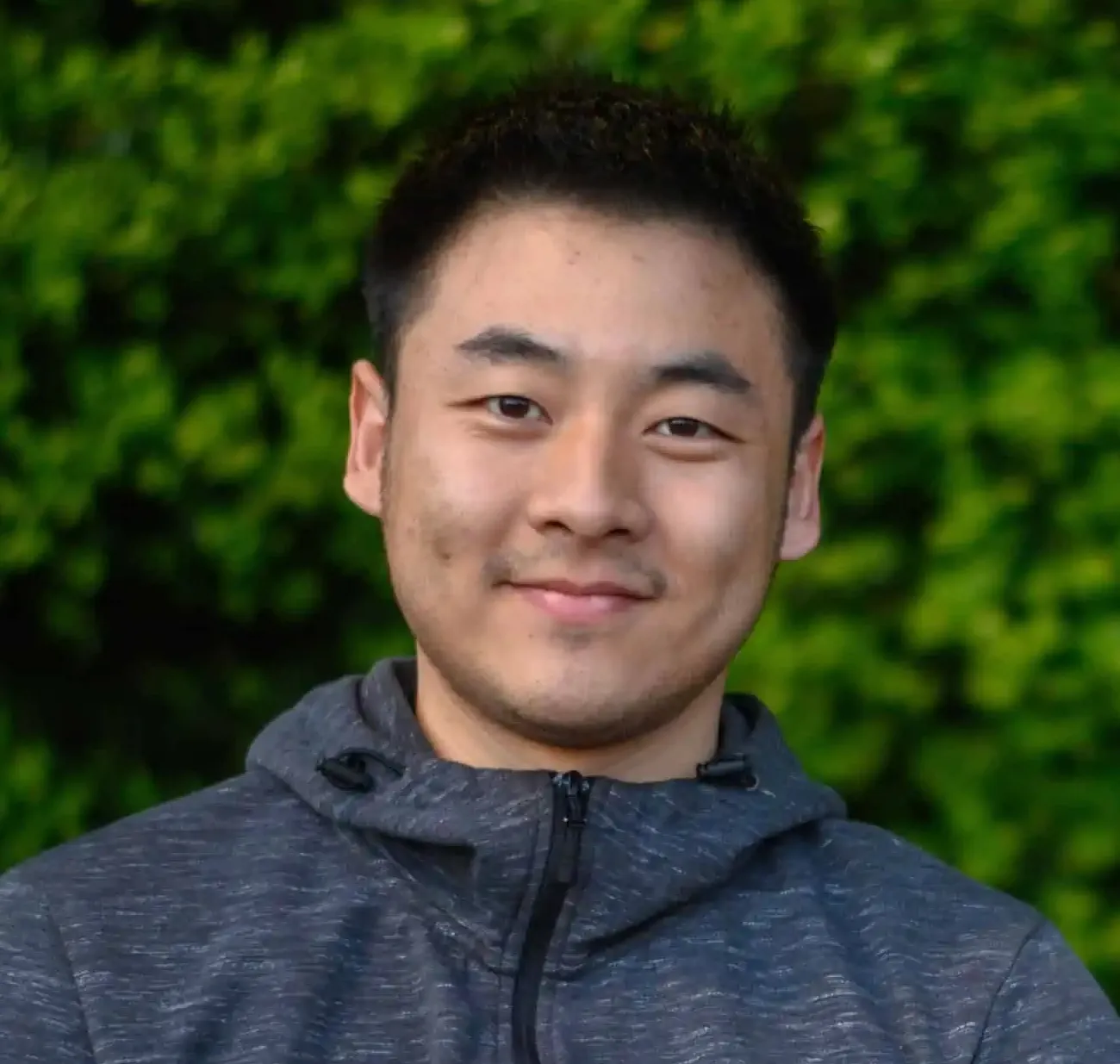
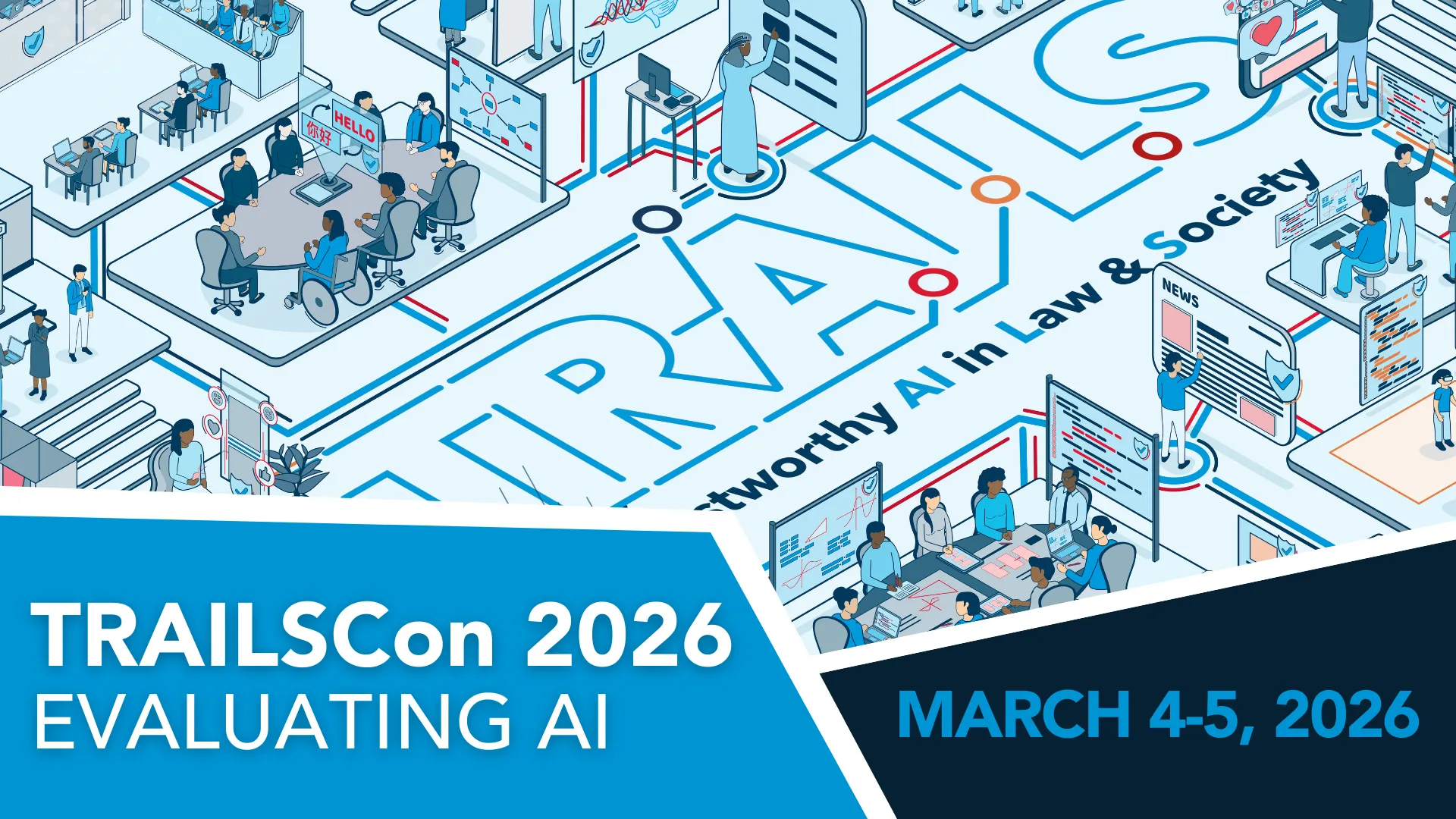
TRAILS Con 2026: Evaluating AI
Register to join AI practitioners, researchers, and thought leaders for our two-day annual conference at The George Washington University in Washington, D.C.
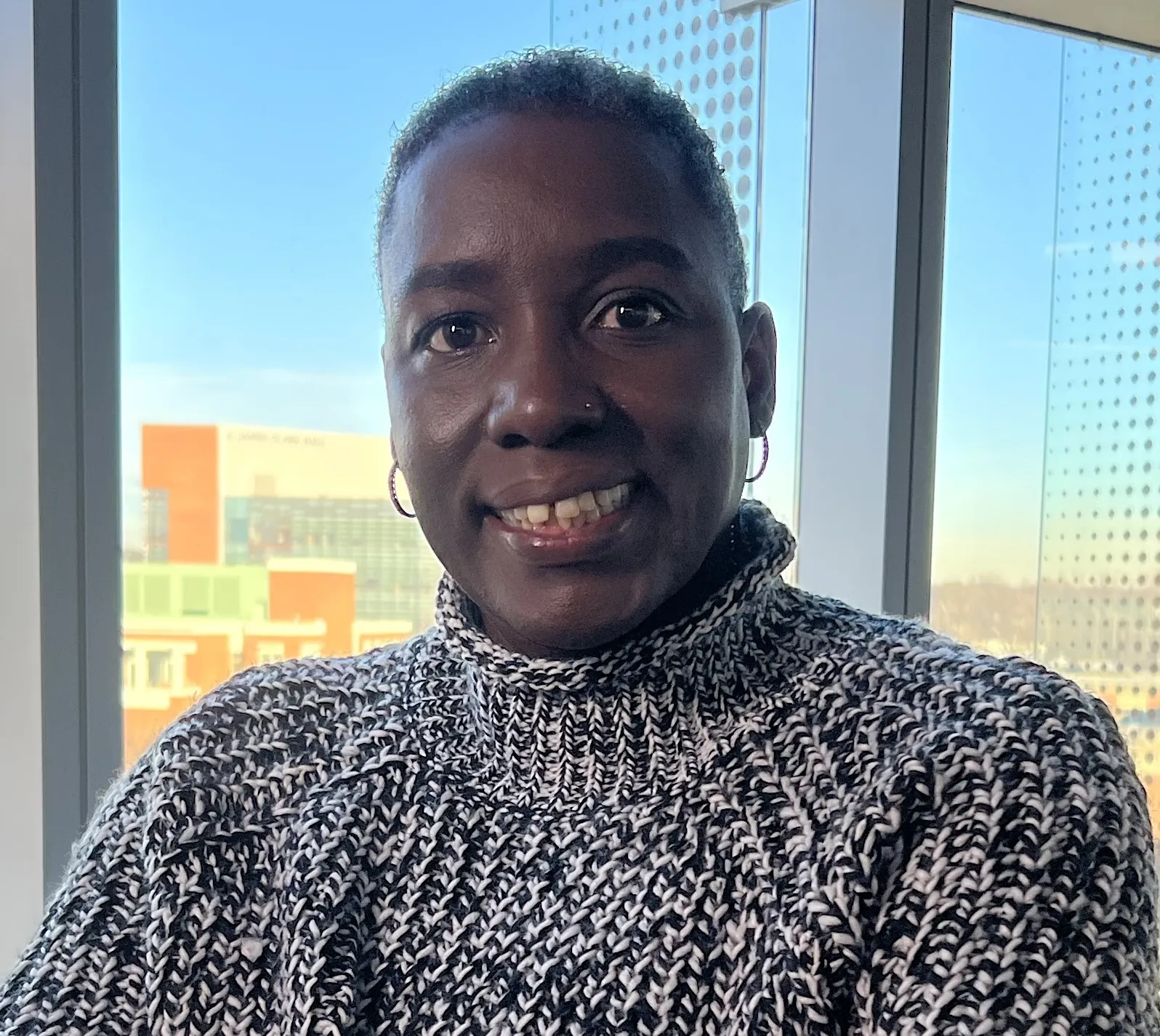
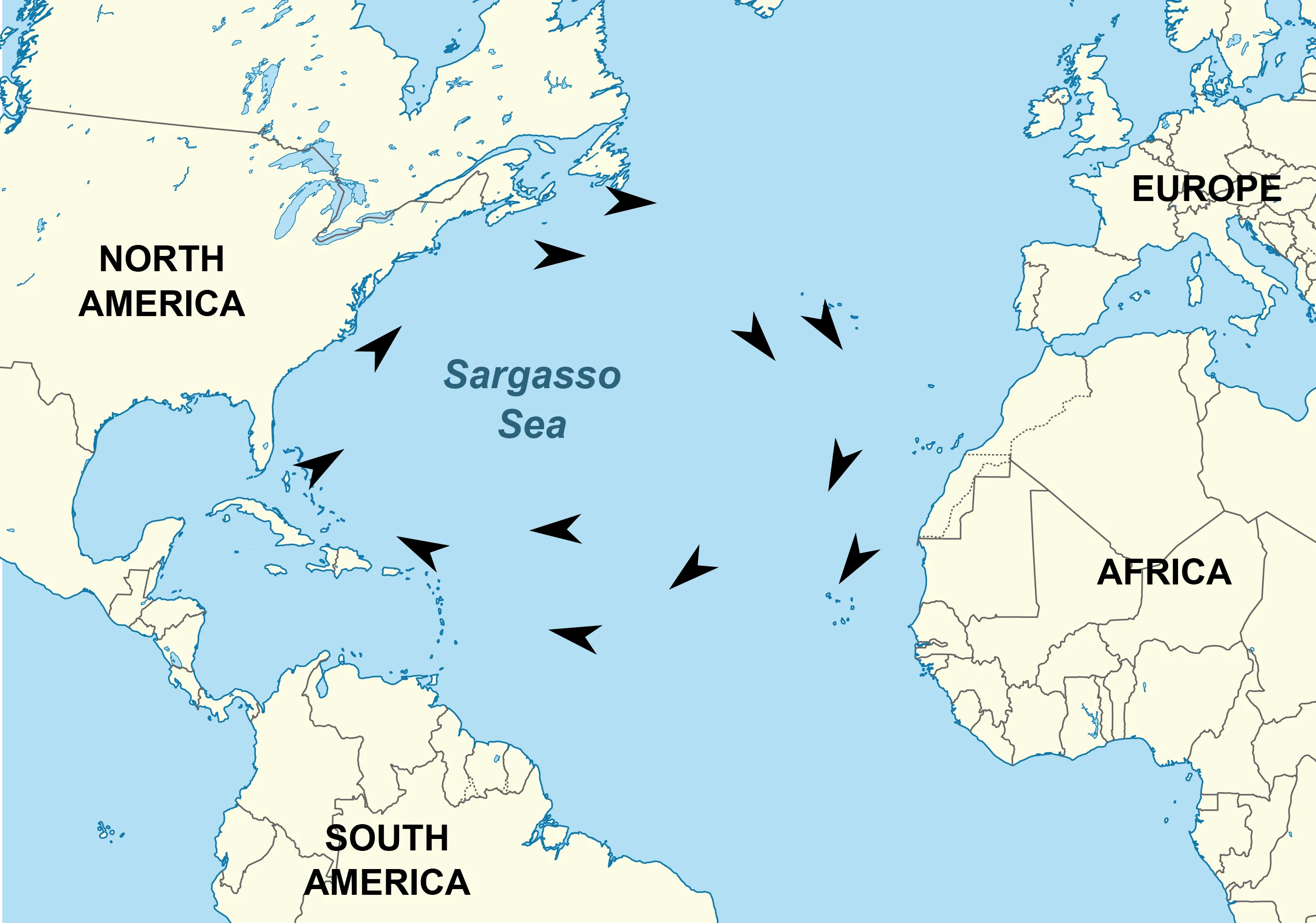
Viral Infections Burst Blue-Green Algae, Enriching the Ocean Surface with Nutrients
Joshua Weitz co-authored an interdisciplinary study published in Nature Communications that analyzed microbial growth in the Sargasso Sea.